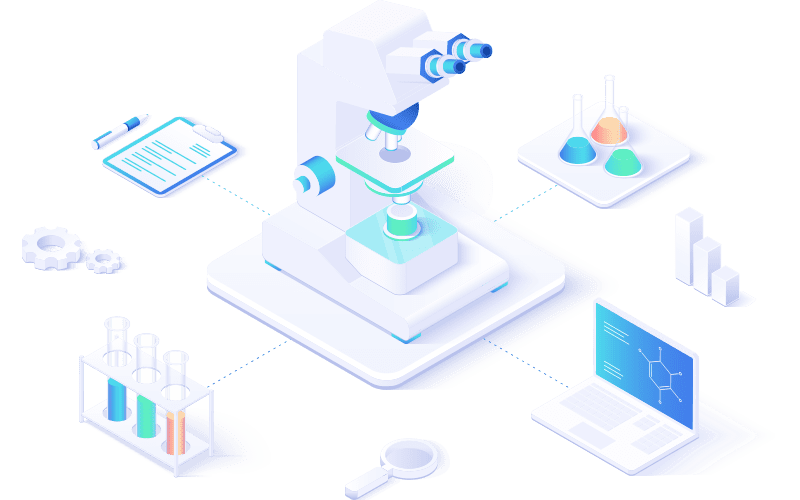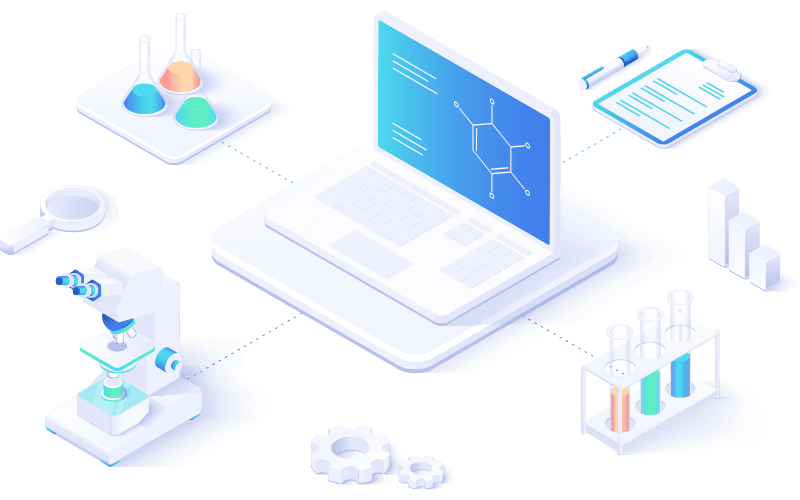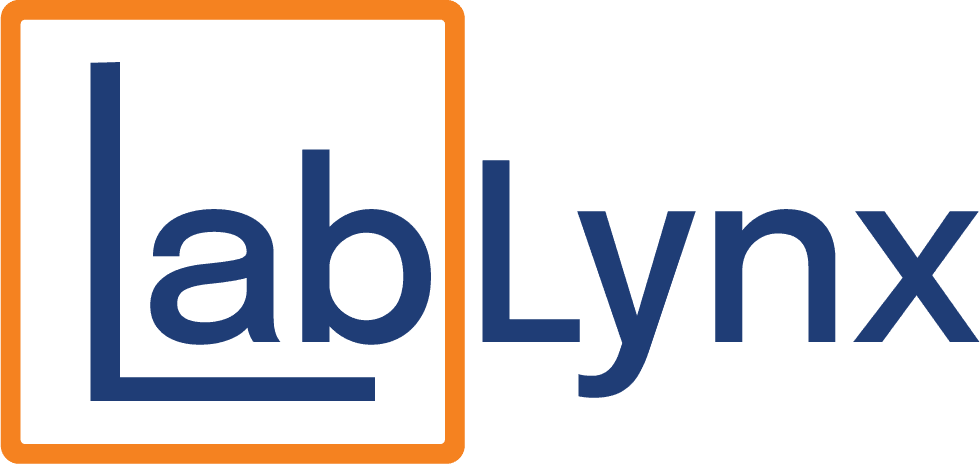
In the fast-paced world of modern laboratories, efficient data management is paramount. While Microsoft Excel has long been a familiar tool for organizing and analyzing data, its limitations become increasingly apparent when dealing with the complex and demanding requirements of a Laboratory Information Management System (LIMS). In this article, we’ll delve into the reasons why databases outperform Excel for LIMS applications, highlighting the key advantages that can revolutionize your lab’s operations.
The Limitations of Excel for LIMS
While Excel offers a user-friendly interface and basic data manipulation capabilities, it falls short when it comes to the rigorous demands of a LIMS environment:
-
Scalability: Excel struggles to handle the large datasets that laboratories generate. As data accumulates, Excel files become unwieldy, leading to sluggish performance and increased risk of errors. Databases, on the other hand, are designed to scale effortlessly, accommodating massive volumes of data without compromising speed or efficiency.
-
Data Integrity: Excel lacks robust mechanisms for ensuring data integrity and preventing accidental modifications or deletions. This poses a significant risk in a LIMS context, where data accuracy and reliability are crucial for regulatory compliance and scientific validity. Databases provide comprehensive data validation, access controls, and audit trails, ensuring data integrity and traceability.
-
Complex Relationships: Excel’s flat file structure makes it difficult to manage complex relationships between data points. In a LIMS, samples, tests, instruments, and personnel are interconnected, and a database’s ability to model these relationships through linked tables ensures data consistency and facilitates advanced queries and reporting.
-
Collaboration: Excel is not designed for multi-user collaboration, making it challenging for multiple lab personnel to work on the same data simultaneously. Databases enable real-time collaboration, allowing authorized users to access and update data concurrently, enhancing teamwork and productivity.
-
Security: Excel lacks granular security controls, making it vulnerable to unauthorized access and data breaches. Databases offer robust security features, such as role-based access controls, data encryption, and user authentication, safeguarding sensitive laboratory information.
The Advantages of Databases for LIMS
Databases offer a multitude of advantages over Excel for LIMS applications, including:
- Scalability: Databases can handle vast amounts of data without sacrificing performance, ensuring smooth operation even as your lab grows.
- Data Integrity: Databases provide comprehensive data validation, access controls, and audit trails, guaranteeing data accuracy and traceability.
- Complex Relationships: Databases can model complex relationships between data entities, ensuring data consistency and enabling advanced queries and reporting.
- Collaboration: Databases allow multiple users to access and update data simultaneously, facilitating real-time collaboration and enhancing productivity.
- Security: Databases offer robust security features to protect sensitive laboratory information from unauthorized access and data breaches.
- Customizability: Databases can be tailored to meet the specific needs of your laboratory, ensuring that your LIMS aligns with your unique workflows and processes.
LabLynx ELab LIMS: Harnessing the Power of Databases
At LabLynx, our ELab LIMS leverages the power of databases to deliver a robust, scalable, and secure LIMS solution. We understand the critical role that data plays in your lab’s success, and our database-driven approach ensures that your data is managed with the utmost care and precision.
ELab LIMS offers a comprehensive suite of features, including:
- Sample Management: Track samples throughout their lifecycle, from collection to disposal.
- Test Management: Manage test methods, protocols, and results.
- Instrument Integration: Interface with your lab instruments to automate data capture and eliminate manual transcription errors.
- Reporting and Analytics: Generate customizable reports and gain valuable insights from your data.
- Quality Control: Ensure compliance with quality standards and regulations.
Ready to Elevate Your Lab’s Data Management?
If you’re ready to experience the transformative power of a database-driven LIMS, contact LabLynx today. Our team of experts can guide you through the selection and implementation process, ensuring a seamless transition and maximizing the value of your LIMS investment.
Accelerate Your Lab's Success & Experience LabLynx
"*" indicates required fields
Explore the LabLynx Suites

LIMS Suite
Seamless Sample and Workflow Management
The LabLynx LIMS Suite empowers laboratories with the tools needed to manage samples, workflows, compliance, and more in one centralized system. It’s the backbone for labs seeking efficient, reliable, and scalable management solutions.

ELN Suite
The LabLynx ELN Suite offers a modern approach to managing lab data and experiments. With its secure, intuitive platform, your team can record, store, and collaborate effortlessly, supporting innovation every step of the way.

Lab Automation
Automate for Efficiency and Growth
Streamline operations and boost productivity with the LabLynx Lab Automation Suite. Designed for labs ready to embrace advanced automation, this suite integrates systems, instruments, and workflows to deliver efficiency at scale.
